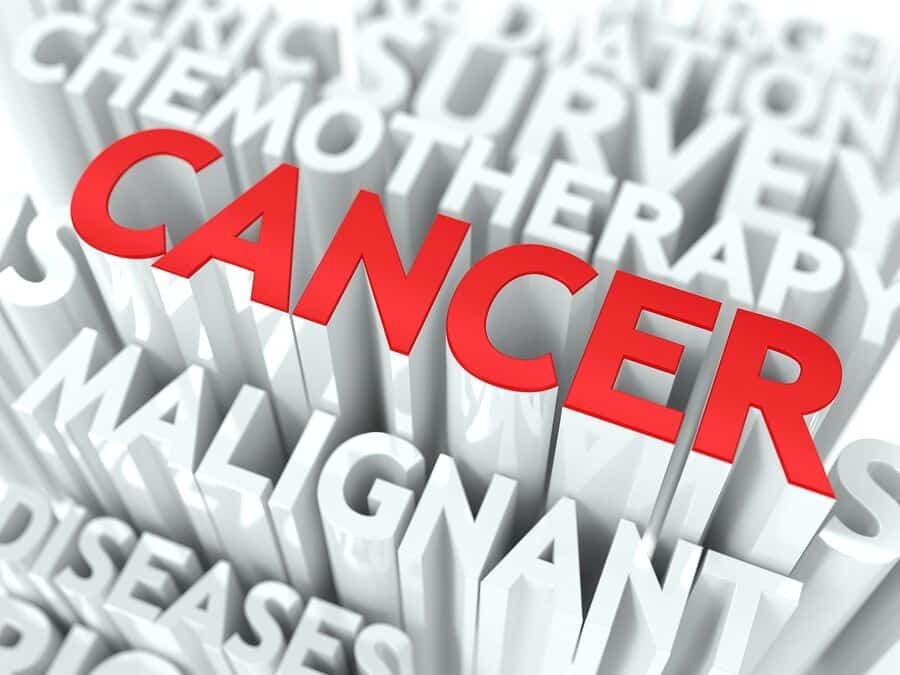Family and Genetic Risks of Cancer in Seniors
Knowing that the most common cancers facing the elderly include prostate, breast, lung, colon, skin, and pancreas, there are still many things to consider in the risk of cancer.
So many potential cancers are available throughout life if anyone has a family history of cancer. Most cancers have a genetic risk on some level, and those risks become greater as your senior continues to grow older. Senior care can help watch for the signs of any cancer that may have been a part of your family in past generations in order to help gain a diagnosis at the earliest stages and allow for the best possible treatment.

Home Care Services in Shelter Island NY: Genetic Risks of Cancer
If You Already Know of Genetic Cancer Risks in Your Family
Age increases the risk of cancer, while other risks associated with lifestyle accumulate in the elderly. Therefore, lifestyle changes for your senior can be important including things like quitting smoking, limiting alcohol use, a vegetable-rich diet, weight control, and physical activity may all improve health and reduce cancer risks. Improved health and wellness reduce overall cancer risks, even if there are genetic risks in your family. So, senior care can often help make sure that all of these valuable health factors are managed on a regular basis if you already know your loved one is at risk of a certain type of cancer due to family history.
Inheriting the Genes that Cause Cancer
Almost every cell in your body has a nucleus, the control center of the cell, containing 23 pairs of chromosomes that include all your genes. Genes are coded to tell cells how to behave and determine the development of your body. Of about 25,000 genes, cancer develops because something has gone wrong with at least one gene in a cell, known as a “fault” or “mutation.”
A cell usually needs six or more gene faults to stop working properly, becoming cancerous. At this point, it may divide and grow uncontrollably. Most gene changes or cancers tend to happen during our lifetime, but some can be inherited from a parent. Changes may happen during the aging process due to random mistakes when a cell is dividing or lifetime experiences like cigarette smoke or sunlight. Harmful exposures that cause cell changes are called carcinogens and don’t affect all body cells. These are not inherited and can’t be passed on from one generation to the next. They are called acquired mutations, called sporadic cancers.
Additionally, some faulty genes that increase the risk of cancer can be passed on and are called inherited cancer genes. When there is a mistake or fault in the genes in an egg or sperm cell these faults can be passed on at birth. Certain genes would normally protect you against cancer, but can also increase the risk of cancer as they are susceptibility genes. These genes correct natural DNA damage when cells divide, but inheriting a faulty copy of one of these genes eliminates this capability to repair cell damage. Therefore, cells are more likely to become cancerous.
Genes are inherited from both parents, so for every genetic fault in a parent’s DNA, their child has a 50% chance of inheriting it. Inheriting one faulty gene doesn’t mean that you will definitely get cancer, but it does increase the risk of developing particular types of cancer over others who do not have a genetic history of the disease. Additionally, this increases the risk of cancer development at an earlier age than others. Luckily, when these may be risks that you already know are potential in your family, senior care can help watch for these regularly with your loved one.
Determine Your Family’s Genetic Risk Factors for Cancer
Many different forms of genetic counseling and testing are valuable for health, and with research that has been completed in recent years, cancer testing has advanced based upon genetics. Sometimes, it may be helpful to have genetics counseling and testing in order to predetermine a genetic risk for cancer and the genes that may already be included, and senior care can help make sure your senior gets to all appointments as needed and is diagnosed as early as possible. If you know that a parent or grandparent was diagnosed with cancer of any type at a certain age, then it is helpful to begin genetic counseling and testing to make sure that you work ahead of the symptoms.
Some of these could be prostate, breast, lung, colon, skin, and pancreatic cancer that are quite common in seniors. Therefore, senior care may potentially involve genetic counseling and testing if you already know that late-onset cancers run in your family.
If you or an aging loved one is considering hiring Home Care Services in Shelter Island, NY, call the caring staff at Artful Home Care today at 631-685-5001.
Sources
Cancersociety.fi
Cancerresearchuk.org
Mskcc.org
- The Hidden Safety Benefits of an Organized Home - April 3, 2025
- Artful Home Care Presents Planning Your Legacy: An End-of-Life Strategy Session - March 27, 2025
- Celebrate National Garden Month with Your Senior - March 19, 2025

